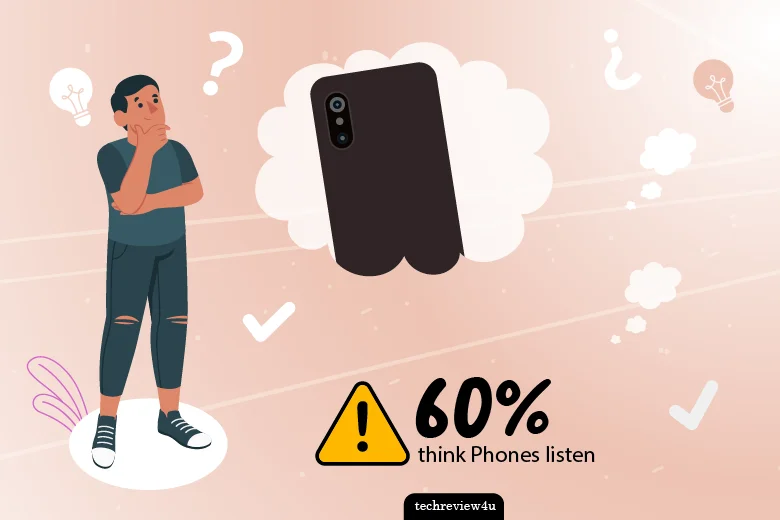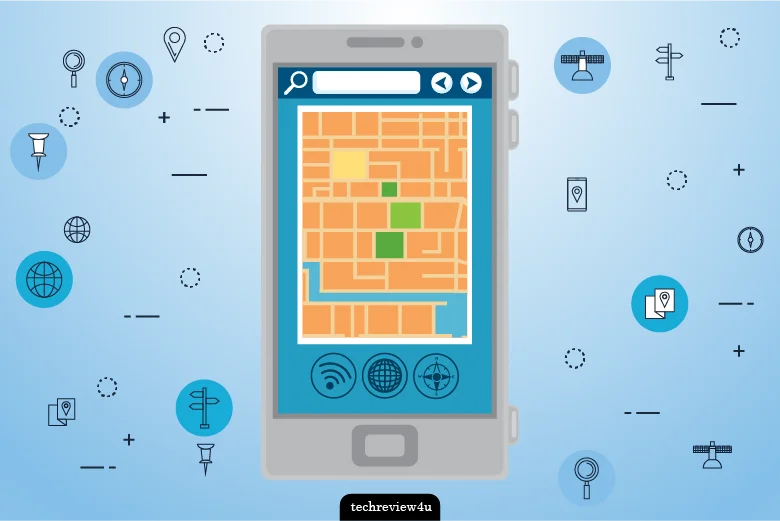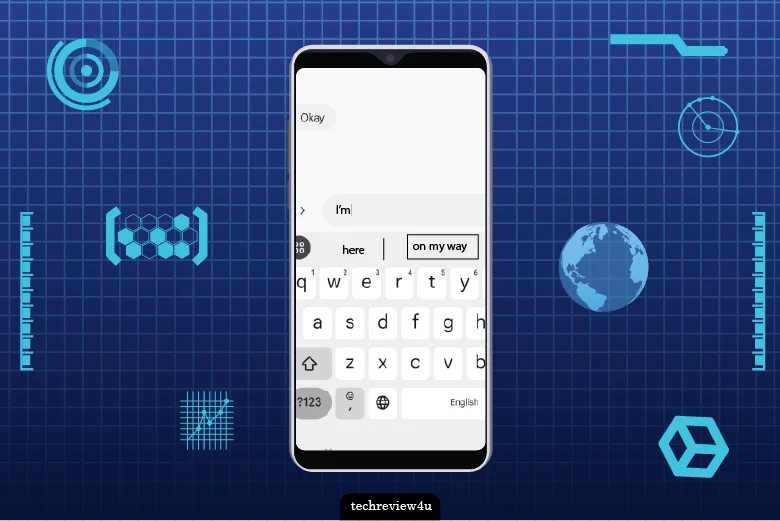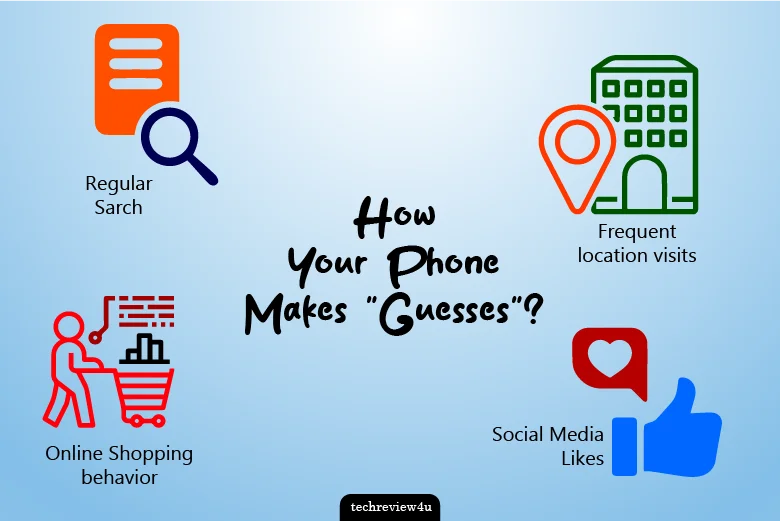Can Phones Read Your Mind? How AI and Tech Work Together

Imagine you walk into a store, glance at a box of chocolates, consider buying it, and then walk away without saying a word. Later that day, you open your phone, and voilà, there’s an ad for that same chocolate. It’s natural to wonder, “Can phones read your mind?” It’s a question that sparks curiosity and even a bit of unease. While it may feel like your phone is inside your head, the reality is far less sci-fi. Let’s explain it thoroughly.
Can Phones Read Your Mind?
Let’s get this out of the way. Can cell phones read your mind? The answer is no. Your phone is not connected to your brain and can’t read your thoughts. But why does it sometimes seem to know exactly what you’re thinking? In fact, around 60% of millennials believe their phones are listening to their conversations and tailoring ads accordingly. While this might feel true, the real explanation is rooted in data and algorithms, not mind-reading or eavesdropping.
This illusion comes down to something much simpler. It’s all about data. Your phone is smart, but not in a magical, mind-reading way. Instead, it uses data, patterns, and algorithms to make educated guesses about your behavior based on past actions. So, if you’re wondering, can phones read your mind? The answer lies in how technology uses the information you’ve already provided. Here’s how it all works.
- Predictive Algorithms
- Educated Guess
1. Predictive Algorithms – Not Magic, Just Math
It’s easy to think your phone is reading your mind when you see ads about something you just thought about. But here’s what’s really happening:
- Tracking Patterns
- Ads
- Predictive Text
1. Tracking Patterns

Your phone tracks patterns in your behavior. Maybe you’ve browsed a similar product before or been near certain stores. Even without a direct search, your behavior sends clues.
Meanwhile, the average person spends 4 hours and 37 minutes on their phone daily. That’s the equivalent of over one full day per week or six days per month just glued to our screens! With all that time spent online, it’s no wonder your phones can gather so much data about you.
On top of that, people check their phones an average of 58 times a day, giving devices even more opportunities to learn about their habits. The more you interact with your phone, the more data it has to work with, leading to those eerily accurate ads and content suggestions.
2. Ads

It’s not just your phone, either. Ads are often pushed out based on broader trends. If many people in your area are buying or searching for something, you might see ads for it, too—even if you’ve only thought about it.
In fact, a whopping 70% of people surveyed say they’ve received targeted ads for products they’ve only talked about out loud, without ever searching for them online. Also, 55% of Americans believe smartphones are spying on them, gathering data to personalize ads While this can feel invasive, it’s more about how data is collected and used rather than your phone actually listening in on your conversations.
3. Predictive Text

Another way your phone seems to “read your mind” is with predictive text. When you type a message, your phone predicts the next word based on what you’ve typed in the past. For example, if you often type “I’m on my way,” your phone may suggest the entire phrase after just typing “I’m.” It’s not mind-reading. It’s smart guessing based on patterns.
These algorithms are incredibly good at predicting what you might want next. It feels like mind-reading, but it’s really just a smart system analyzing your actions.
2. Educated Guess

But what about when your phone seems to know what you’re thinking? Some people swear they’ve seen ads for things they only considered, not even searched for, like spotting a product at the store and then seeing an advertisement for it later that day.
This feels weird, right? But again, it’s more about patterns than mind-reading. If you regularly visit certain stores or interact with specific brands, algorithms may guess that you’d be interested in particular products, even if you didn’t explicitly search for them.
How Your Phone Makes “Guesses”?

Predictive algorithms use the data from your phone to make educated guesses. For example:
| Data Collected | What It Guesses About You |
| Frequent location visits | You like coffee, so ads for coffee might appear |
| Regular search terms | If you search for workout gear, expect fitness ads |
| Online shopping behavior | Buying tech gadgets? You’ll see more tech ads |
| Social media likes | Following travel pages? Get ready for flight deals |
With all this information, your phone builds a profile about your interests and uses that data to show ads. Thus, it’s all about patterns, not mind-reading.
Real-life example: You might not search for chocolate daily, but if you’ve visited a few grocery stores recently, your phone might show you ads for popular snack items.
How Accurate Are These Predictions?
Your phone’s predictions are based on patterns, not psychic abilities. They might be spot-on sometimes, but they’re far from perfect. For example, you may get ads for products you’ve never considered or ones that seem completely random.
How Can You Protect Your Privacy?
If this level of tracking makes you uncomfortable, don’t worry. You have control. Millions of people are taking steps to protect their online activity. In fact, 1.6 billion people worldwide use VPNs to maintain their privacy and secure their data. Here are some easy ways you can protect your privacy as well:
| Steps to Protect Your Data | How It Helps |
| Review app permissions | Stops apps from accessing unnecessary data |
| Limit location tracking | It keeps your phone from constantly tracking where you go |
| Clear your browser history regularly | Reduces the amount of data advertisers can use |
| Turn off personalized ads | Lowers the number of ads based on your behavior |
| Use a VPN | Encrypts your internet activity for more privacy |
These small changes can significantly affect how much data your phone collects and uses.
Final Thoughts
While it can feel like your phone knows your every thought, the truth is much simpler. It’s all about the data. Your phone collects it, algorithms analyze it, and voilà, you get personalized content. But it’s not reading your mind. It’s just really good at predicting what you might be interested in based on your digital habits.
By protecting your privacy, you can keep your data secure and enjoy the convenience of smart technology without worrying about your phone becoming a mind reader.





